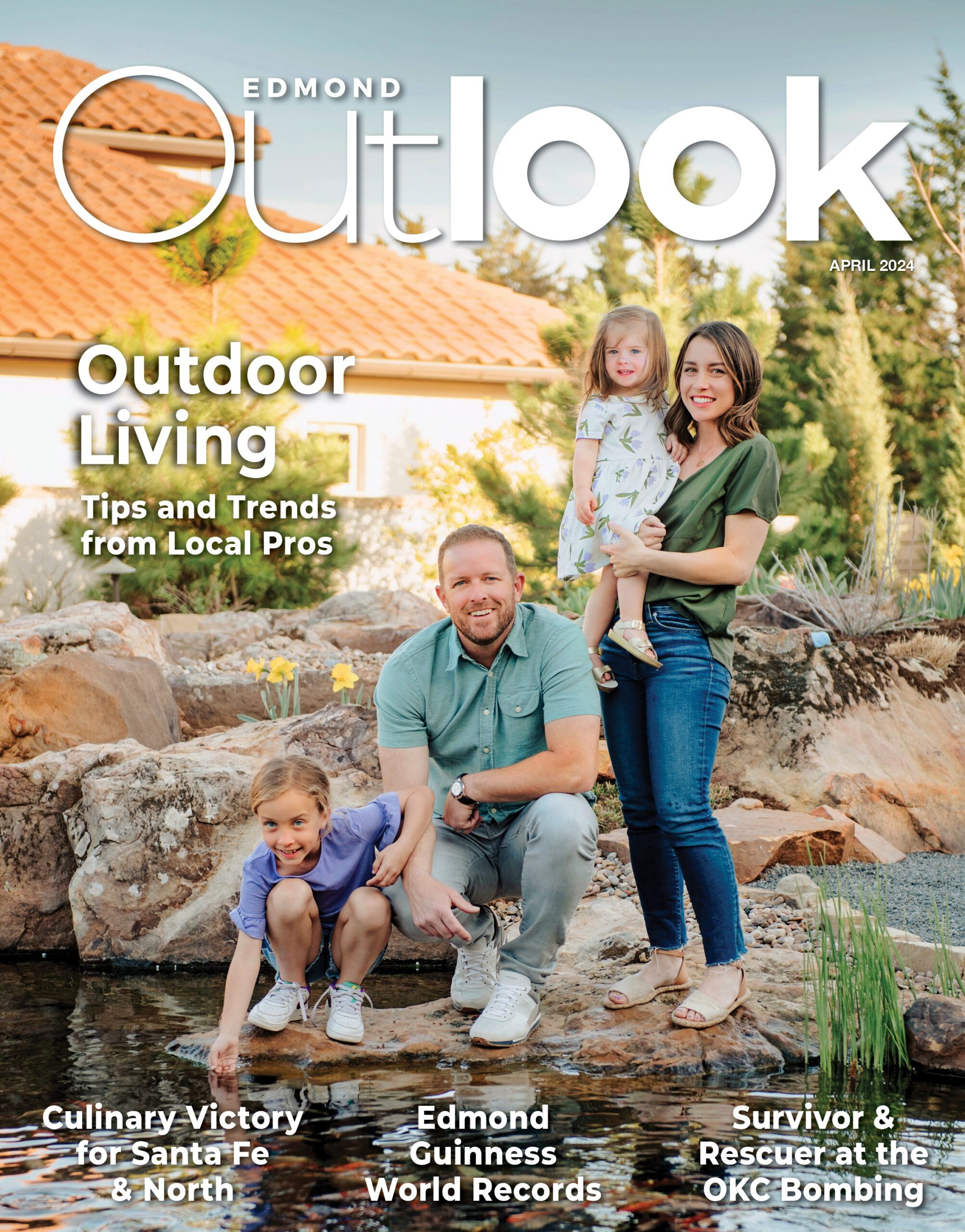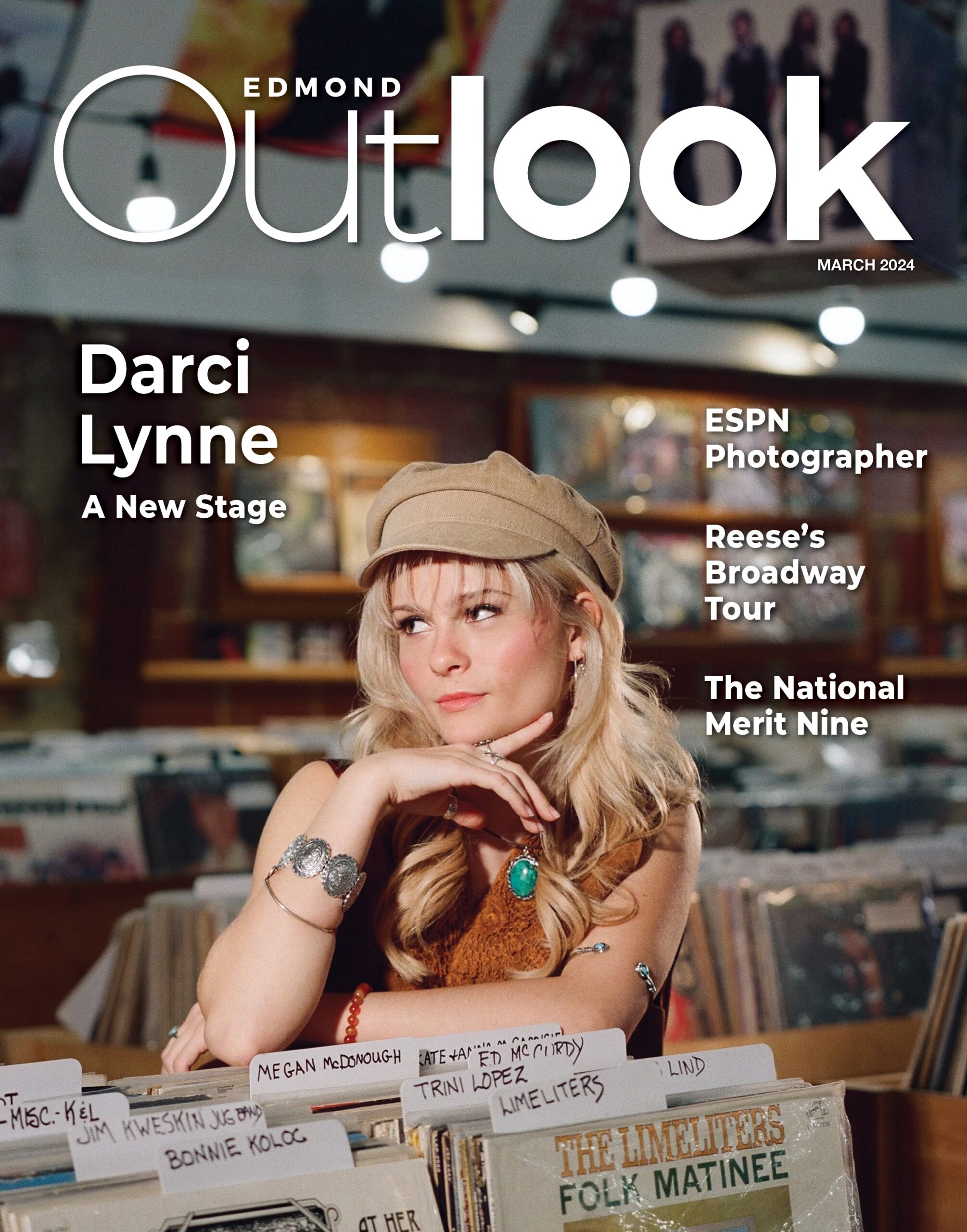Overcoming War
The morning was hot, the air was thick and the temperature quickly soared to 110 degrees Fahrenheit. The Vietnam War had just begun, and the battle of Chu-Lai had ended the previous week. On the morning of August 31, 1965, Marine Corporal Eddie Beesley led his platoon out for patrol across an open field, just north of the Chu-Lai air stripe
Shortly after discovering an exposed land mine, Beesley called for a Lieutenant to decide what action should be taken. Fearing that the whole platoon was entering a minefield, a decision had to be made whether to back out or blow up the visible mines. As Beesley moved aside to allow the Lieutenant to take lead, Beesley inadvertently stepped on a hidden land mine.
"I was one of the first ones severely injured. The war was only a few months old," Beesley said. "That blast killed two Marines and three of us lost both our legs."
Until being deployed, Beesley had enjoyed running track for the Hawaiian team while stationed at Kaneohe Bay in Hawaii. Instantly his life changed, and he found himself facing death, lying in a field surrounded by the smell of gunpowder, scorching heat, and the thought of not wanting to die.
"I was in shock. I knew that I didn't want to die. I just didn't know how bad the injury was," he said. "In the distance, I heard choppers coming for us; for me. It's a sound so distinct that even today it brings a tear to my eye."
After the accident, Beesley spent three days on a hospital ship, then three days in a field hospital. He was sent to the Philippines where he stayed for the next couple of weeks. During this time he was placed on the critical list. This was a four-hour watch, which basically meant that if he lived for four hours, he was given another four hours.
Once he had gained enough strength, he was sent to Oakland, California, for eight and one-half months of rehabilitation.
"I was the first double amputee that the hospital had seen because of the war. I was different than what people had seen before," Beesley said.
During his stay in California, Beesley contracted pneumonia in both lungs. It was shortly after this bout that he was visited by a Marine officer who informed him that his time in the Marines was about to come to an end, and that he needed to find something else, outside the military to do.
"In the Marines, there is a saying, and that ‘Every Marine a rifleman.' In those days, if you couldn't be a rifleman, you couldn't be a Marine. And I couldn't be a rifleman," Beesley said.
During the next few months, depression set in. Beesley began to self medicate with alcohol, wondering what the future would hold and what to do next. As fate would have it, a pretty young lady began to visit the hospital and the wounded veterans.
"Connie began to come up to the hospital, and for me, it couldn't have happened at a better time. I began to figure out that maybe life wasn't so bad."
Within six months, the two were married.
"In the beginning, my family and friends thought that I just felt sorry for Ed," said Connie. "That wasn't true. I fell in love with him."
After moving back to Oklahoma, Beesely began working for the Oklahoma Department of Transportation and the work ultimately forced him back into the hospital. It was during the hospital stay that Beesely was convinced that he should go to college. It was also during this time that he was diagnosed with what would years later be referred to as Post-Traumatic Stress Disorder (PTSD).
"My biggest problem was feeling rejection and betrayal by my own country. However, PTSD is something that you are going to be hearing a lot about over the next couple of years with our Marines returning home from Iraq," he said.
It has only been since the Vietnam War that experts have become fully aware of the side affects of PTSD. After having become a successful businessman, father, husband, and grandfather, Beesley has made it his life's work to educate veterans about the struggles and tribulations affiliated with PTSD.
Today, Ed and Connie travel throughout the United States to hospitals and military bases like Camp LeJeune, Bethesda, Walter Reed and Balboa, offering hope and encouragement to American veterans by sharing past experiences and handing out copies of his book titled, Lucky Enough.
On one occasion while visiting a hospital, Ed and Connie encountered a nineteen-year-old veteran who had all but given up on life. Ed could see himself in the young man, because he too loved to run track and was also a double amputee. After a short meeting, the young veteran began to come to grips with his situation, and after a few weeks he had made large strides in his rehabilitation and was planning to coach a little league baseball team.
"It changed his life. It also changed our lives," Connie said.
"I could look him in the eyes and say without any doubt, that I have made it, and so can you," said Beesely.
It was at this very moment that they realized that what they were doing with the visits and the book was something bigger than the both of them.
"We have had wonderful success. This book has influenced many of our wounded heroes and gives many of them a real positive hope," Connie said.
Beesley agrees that the struggles of writing the book have proven to be worth it in the end.
"When I was writing this book, it forced me to face my demons that had haunted me for so long. As I did, things all around me began to get much, much better," he said. "However, it's not about me, its about helping others face and overcome injuries so as to be able to live a full and happy life."
The couple would tell you that no matter your view on our current war, the fact is that we are there and the very least that we can do is give each and everyone of the Marines, and soliders our support.
"Sometimes, I'm afraid the people don't really know what our freedom cost," said Beesely.
In the end, Beesely will tell you that when he looks back on his life he doesn't want to see someone who has just taken up space and used good oxygen.
"I want to serve," said Beesely. "I want to leave some kind of a mark, and the way I believe to do that is to be willing to serve."
Ed and Connie travels throughout the country are extremely expensive. The couple depend on donations to continue doing this work. For information on how to help, or information on the book, Lucky Enough, please go to
www.LuckyEnoughTheBook.com.


